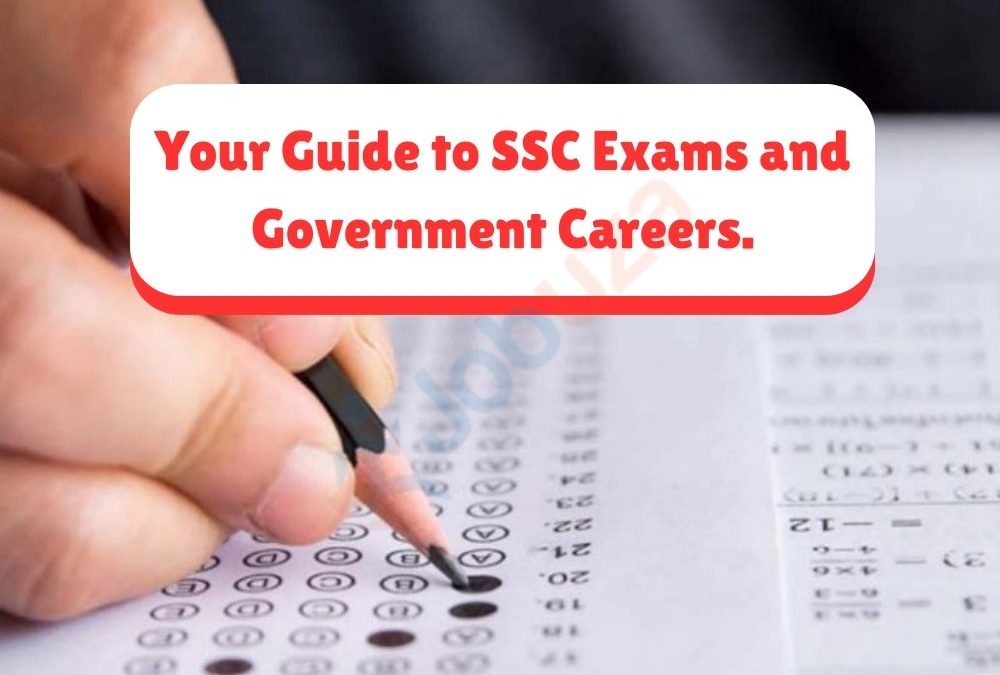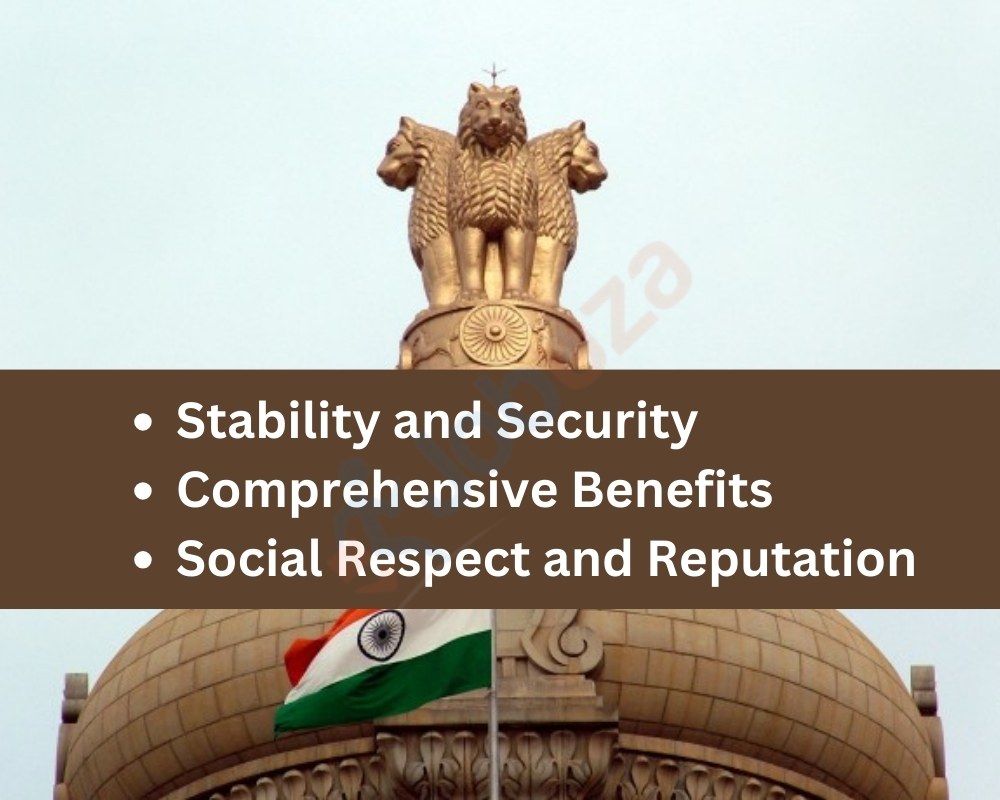Guide to SSC Exam: The Staff Selection Commission (SSC) of India often becomes the entrance to the highly competitive and prized career path many Indians are looking for. It conducts a series of nationwide competitive exams for recruiting Group B and C positions spanning over a broad number of government ministries, departments, and organizations. Whether you are an Assistant Section Officer at the Central Secretariat, an Inspector, or a staff member, the SSC exams’ conduction includes applicants from different disciplinary areas.
A Multifaceted Exam System
Unlike a single entrance exam, SSC offers a multi-step process that is applicable to various levels of students. Here’s a breakdown of some prominent SSC exams:
- Combined Graduate Level (CGL): This super-competitive exam is the golden ticket for the graduate who is seeking to beat the queues into government service. It offers cadres of Assistant Audit Officer, Inspector (Income Tax), and other Group B and C cadres aligning with both administrative and departmental work.
- Combined Higher Secondary Level (CHSL): Candidates with 10+2 (Higher Secondary) qualifications will find this exam useful in applying for the position of Lower Divisional Clerk (LDC), Postal Assistant (PA), and Sorting Assistant (SA) in most government offices.
- Stenographer Grade C & D: This examination is mainly for those with stenography skills, giving opportunities to hold posts like Stenographer Grade C and D in public offices where shorthand writing and quick typing are very much needed.
- Selection Post: This exam covers specific vacancies for Group B and C posts under different departments. It could include a computer-based test, a job-specific skills test (typing for data entry operators being an example), and documentary verification.
- Other SSC Exams: An additional function performed by the SSC includes conducting exams for some specialized positions such as Sub-Inspector in the Delhi Police, Junior Translator posts in different languages, and Constable (GD) in the Central Armed Police Forces (CAPFs).
The Attractiveness of Working for the Government
Getting a good SSC result opens a wide range of privileges not only for job insurance but through it. Here’s what makes government service a desirable career choice for many: Guide to SSC Exam
- Stability and Security: Government jobs have a clearly defined career path in which seniors and elder workers get priority for consideration for advancement opportunities. In comparison to private sector jobs, employees are less vulnerable to termination because little risk is involved, and this brings about a sense of security and stability.
- Comprehensive Benefits: Government positions are accompanied by a benefits package which includes health insurance, provident fund contribution leading to a pension on retirement, and allowances for vacation, sick leave, and other such contingencies.
- Social Respect and Reputation: The job in the government has the air of prestige linked with the work of public service. It often commands respect from the community and offers a meaningful way of participating in building a strong nation.
Eligibility Criteria
The eligibility conditions for the different SSC exams may be slightly different. However, here’s a general overview to give you a head start:
- Educational Qualification: Each exam requires at least minimum educational level. Likewise, the CGL exam requires a Bachelor’s degree while the CHSL exam demands a 10+2 qualification.
- Age Limit: As for the limit, it’s age-specific and is normally between 18 and 30 years of age for every exam. Age relaxation is also available for certain categories such as SC, ST, OBC, and persons with disabilities.
- Nationality: You need to be an Indian citizen to apply for any SSC exam.
Life After Clearing the SSC Exam
Having successfully cracked the SSC exam, you can look forward to a government career brimming with both professional and personal advantages:
- Work-Life Balance: Government jobs usually have a nicely stable work schedule as compared to some of the jobs in the private sector. This thus makes it possible to have a better life-work balance and enables you to allocate part of your time to your family and other activities you are passionate about.
- Growth Opportunities: There is also a way to progress as part of the government apparatus. Promotions can occur based on both seniority and performance, giving employees a clear career growth track. As you grow through your career, you can acquire new challenges and tasks.
- Job Satisfaction: Alongside the benefits and stability, public sector jobs can provide a feeling of self-worth in helping the nation develop and rendering public service for the good of society. You’ll be with a company whose existence is absolutely essential to both self and society growth.
Guide to SSC Exam: For the most up-to-date information and detailed eligibility requirements for each specific SSC exam, refer to the official website of the Staff Selection Commission [https://ssc.nic.in/]. This stage can be conquered by proper guidance, enough preparation, and a good knowledge of the prospects that each of the exams offers. Finally, you will have a secure and prosperous career path in the enormous and fascinating domain of civil services.



